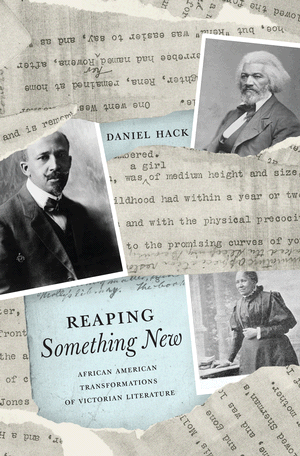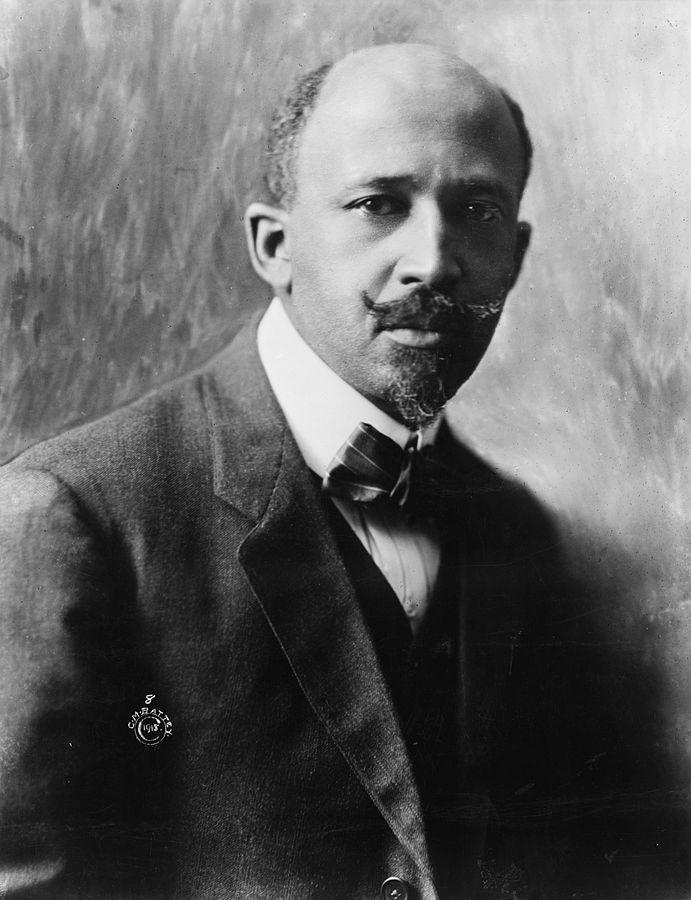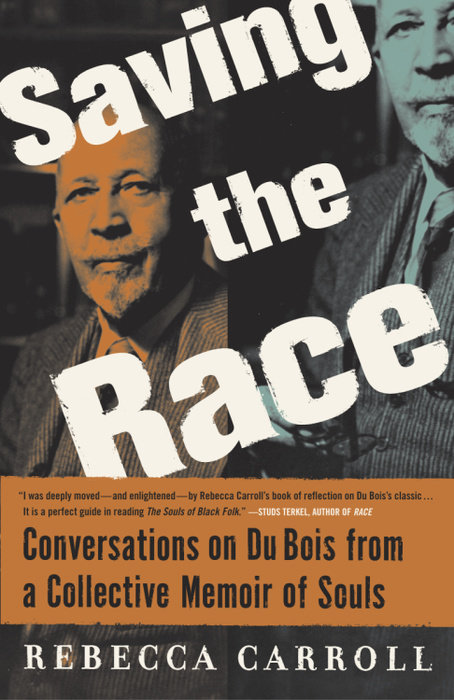Race, Class, and Gender in the United States: An Integrated Study
Macmillan
Ninth Edition
2014
732 pages
Paper Text ISBN-10: 1-4292-4217-5; ISBN-13: 978-1-4292-4217-2
Paula S. Rothenberg, Senior Fellow; The Murphy Institute, City University of New York
Professor Emerita; William Patterson University of New Jersey

Like no other text, this best-selling anthology effectively introduces students to the complexity of race, class, gender, and sexuality in the United States and illustrates how these categories operate and interact in society. The combination of thoughtfully selected readings, deftly written introductions, and careful organization make Race, Class, and Gender in the United States, Ninth Edition, the most engaging and balanced presentation of these issues available today.
In addition to including scholarly selections from authors like Beverly Tatum, Barbara Ehrenreich, Annette Lareau, and Jonathan Kozol, Rothenberg includes historical documents like the Three-Fifths Compromise, firsthand narrative accounts of how these issues have affected the lives of individuals, and popular press pieces reporting on discrimination in everyday life.
This edition includes 28 new selections considering such relevant topics as the citizenship and immigration, transgender identity, the 2010 census, multiracial identity, the 99% and the occupy movement, the tragic story of Rutgers student Tyler Clementi, South Asian Identity post 9/11, multiracial identity, disability, sexual harassment in the teenage years, and much more.
Table of Contents *Articles new or revised for this edition
- Part I THE SOCIAL CONSTRUCTION OF DIFFERENCE: RACE, CLASS, GENDER, AND SEXUALITY
- 1 Racial Formations / Michael Omi and Howard Winant
- 2 The Ethics of Living Jim Crow: An Autobiographical Sketch / Richard Wright
- 3 Constructing Race, Creating White Privilege / Pem Davidson Buck
- 4 How Jews Became White Folks / Karen Brodkin
- 5 “Night to His Day”: The Social Construction of Gender / Judith Lorber
- 6 The Social Construction of Sexuality / Ruth Hubbard
- 7 The Invention of Heterosexuality / Jonathan Ned Katz
- 8 Masculinity as Homophobia / Michael S. Kimmel
- 9 Disability and the Justification of Inequality in American History / Douglas C. Baynton
- 10 Deconstructing the Underclass / Herbert Gans
- 11 Domination and Subordination / Jean Baker Miller
- Suggestions for Further Reading
- Part II UNDERSTANDING RACISM, SEXISM, HETEROSEXISM, AND CLASS PRIVILEGE
- 1 Defining Racism: “Can We Talk?” / Beverly Daniel Tatum
- 2 Color-Blind Racism / Eduardo Bonilla-Silva
- 3 Smells Like Racism / Rita Chaudhry Sethi
- 4 Oppression / Marilyn Frye
- 5 Patriarchy / Allan G. Johnson
- 6 Homophobia as a Weapon of Sexism / Suzanne Pharr
- *7 The 10 Percent Problem / Kate Clinton
- 8 White Privilege: Unpacking the Invisible Knapsack / Peggy McIntosh
- *9 Unequal Childhoods: Race, Class, and Family Life / Annette Lareau
- *10 Class in America—2012 / Gregory Mantsios
- Part III Complicating Questions of Identity: Race, Ethnicity, and Immigration
- 1 A Nation of None and All of the Above / Sam Roberts
- 2 A New Century: Immigration and the US / MPI Staff, updated by Kevin Jernegan
- *3 Impossible Subjects: Illegal Aliens and the Making of America / Mae Ngai
- 4 Los Intersticios: Recasting Moving Selves / Evelyn Alsultany
- *5 For many Latinos, Racial Identity Is More Culture than Color / Mireya Navarro
- *6 Testimony / Sonny Singh
- 7 Asian American? / Sonia Shah
- 8 The Myth of the Model Minority / Noy Thrupkaew
- 9 Personal Voices: Facing Up to Race / Carrie Ching
- Suggestions for Further Readings
- Part IV DISCRIMINATION IN EVERYDAY LIFE
- 1 The Problem: Discrimination / U.S. Commission on Civil Rights
- 2 Abercrombie Settles Class-Action Suit
- 3 Apparel Factory Workers Were Cheated, State Says / Steven Greenhouse
- 4 Women in the State Police: Trouble in the Ranks / Jonathan Schuppe
- *5 Why Transgender Identification Matters / Rebecca Juro
- 6 Where “English Only” Falls Short / Stacy A. Teicher
- 7 Blacks vs. Latinos at Work / Miriam Jordan
- 8 Manhattan Store Owner Accused of Underpaying and Sexually Harassing Workers / Steven Greenhouse
- 9 Muslim-American Running Back off the Team at New Mexico State / Matthew Rothschild
- 10 Tennessee Judge Tells Immigrant Mothers: Learn English or Else / Ellen Barry
- *11 Tucson’s Ousted Mexican-American Studies Director Speaks: The Fight’s Not Over / Julianne Hing
- 12 My Black Skin Makes My White Coat Vanish / Mana Lumumba-Kasongo
- 13 The Segregated Classrooms of a Proudly Diverse School / Jeffrey Gettleman
- 14 Race and Family Income of Students Influence Guidance Counselors’ Advice, Study Finds / Eric Hoover
- 15 College Choices Are Limited for Students from Needy Families, Report Says / Stephen Burd
- 16 Wealthy Often Win the Race for Merit-Based College Aid / Jay Mathews
- 17 On L.I., Raid Stirs Dispute over Influx of Immigrants / Bruce Lambert
- 18 More Blacks Live with Pollution / Associated Press
- *19 National Study Finds Widespread Sexual Harassment of Students in Grades 7-12 / Jenny Anderson
- Suggestions for Further Reading
- Part V THE ECONOMICS OF RACE, CLASS, AND GENDER
- *1 Imagine a Country—2012 / Holly Sklar
- *2 Dr King Weeps from His Grave / Cornel West
- *3 Rich People Create Jobs! And Five Other Myths That Must Die for our Economy to Live / Kevin Drum
- *4 It’s Official: The Rich Got Richer: Top Earners Doubled Share of Nation’s Income, Study Finds / Robert Pear
- *5 Study Finds Big Spike in the Poorest in the U.S. / Sabrina Tavernise
- *6 The Making of the American 99% and the Collapse of the Middle Class / Barbara Ehrenreich and John Ehrenreich
- *7 Wealth Gaps Rise to Record Highs Between Whites, Blacks, Hispanics Twenty-to-One: Executive Summary / Rakesh Kochhar, Richard Fry, and Paul Taylor
- 8 The Economic Reality of Being Asian American / Meizhu Lui and others
- 9 The Economic Reality of Being Latino/a in the U.S. / Meizhu Lui and others
- *10 Hispanic Children in Poverty Exceed Whites / Sabrina Tavernise
- *11 Gender Gap on Wages is Slow to Close / Motoko Rich
- 12 Women Losing Ground / Ruth Conniff
- 13 Lilly’s Big Day / Gail Collins
- 14 “Savage Inequalities” Revisited / Bob Feldman
- 15 Cause of Death: Inequality / Alejandro Reuss
- *16 Undocumented Immigrants Find Paths to College, Careers / Gosnia Wozniacka
- 17 Immigration’s Aftermath / Alejandro Portes
- *18 Inequality Undermines Democracy / Eduardo Porter
- Suggestions for Further Reading
- Part VI MANY VOICES, MANY LIVES: SOME CONSEQUENCES OF RACE, CLASS, AND GENDER INEQUALITY
- 1 Civilize Them with a Stick / Mary Brave Bird (Crow Dog) with Richard Erdoes
- 2 Then Came the War / Yuri Kochiyama
- 3 Yellow / Frank Wu
- 4 The Arab Woman and I / Mona Fayad
- 5 Crossing the Border Without Losing Your Past / Oscar Casares
- 6 The Event of Becoming / Jewelle L. Gomez
- 7 This Person Doesn’t Sound White / Ziba Kashef
- *8 In Strangers’ Glances at Family, Tensions Linger / Susan Saulny
- 9 Family Ties and the Entanglements of Caste / Joseph Berger
- 10 Pigskin, Patriarchy, and Pain / Don Sabo
- 11 The Slave Side of Sunday / Dave Zirin
- 12 He Defies You Still: The Memoirs of a Sissy / Tommi Avicolli
- 13 Requiem for the Champ / June Jordan
- *14 Against Bullying or On Loving Queer Kids / Richard Kim
- 15 Before Spring Break, The Anorexic Challenge / Alex Williams
- 16 The Case of Sharon Kowalski and Karen Thompson: Ableism, Heterosexism, and Sexism / Joan L. Griscom
- *17 Misconceptions Regarding the Body / Jennifer Bartlett
- 18 C. P. Ellis / Studs Terkel
- Suggestions for Further Reading
- Part VII HOW IT HAPPENED: RACE AND GENDER ISSUES IN U.S. LAW
- 1 Indian Tribes: A Continuing Quest for Survival /U.S. Commission on Human Rights
- 2 An Act for the Better Ordering and Governing of Negroes and Slaves, South Carolina, 1712
- 3 The “Three-Fifths Compromise”: The U.S. Constitution, Article I, Section 2
- 4 An Act Prohibiting the Teaching of Slaves to Read
- 5 Declaration of Sentiments and Resolutions, Seneca Falls Convention, 1848
- 6 The Antisuffragists: Selected Papers, 1852–1887
- 7 People v. Hall, 1854
- 8 Dred Scott v. Sandford, 1857
- 9 The Emancipation Proclamation / Abraham Lincoln
- 10 United States Constitution: Thirteenth (1865), Fourteenth (1868), and Fifteenth (1870) Amendments
- 11 The Black Codes / W. E. B. Du Bois
- 12 Bradwell v. Illinois, 1873
- 13 Minor v. Happersett, 1875
- 14 California Constitution, 1876
- 15 Elk v. Wilkins, November 3, 1884
- 16 Plessy v. Ferguson, 1896
- 17 United States Constitution: Nineteenth Amendment (1920)
- 18 Korematsu v. United States, 1944
- 19 Brown v. Board of Education of Topeka, 1954
- 20 Roe v. Wade, 1973
- 21 The Equal Rights Amendment (Defeated)
- 22 Lawrence et al. v. Texas, 2003
- *23 Equal Protection Indeed / The Economist
- *24 Victory: The Triumphant Gay Revolution / Linda Hirshman
- Suggestions for Further Reading
- Part VIII MAINTAINING RACE, CLASS, AND GENDER HIERARCHIES: REPRODUCING “REALITY”
- 1 Self-Fulfilling Stereotypes / Mark Snyder
- 2 Anti-Gay Stereotype / Richard D. Mohr
- 3 White Lies / Maurice Berger
- 4 Am I Thin Enough Yet? / Sharlene Hesse-Biber
- 5 Advertising at the Edge of the Apocalypse / Sut Jhally
- 6 The Plutocratic Culture: Institutions, Values, and Ideologies / Michael Parenti
- 7 Media Magic: Making Class Invisible / Gregory Mantsios
- 8 Still Separate, Still Unequal: America’s Educational Apartheid / Jonathan Kozol
- 9 Masked Racism: Reflections on the Prison Industrial Complex / Angela Davis
- Suggestions for Further Reading
- Part IX SOCIAL CHANGE: REVISIONING THE FUTURE AND MAKING A DIFFERENCE
- 1 Age, Race, Class, and Sex: Women Redefining Difference / Audre Lorde
- 2 Feminism: A Transformational Politic / bell hooks
- 3 A New Vision of Masculinity / Cooper Thompson
- 4 Interrupting the Cycle of Oppression: The Role of Allies as Agents of Change / Andrea Ayvazian
- 5 Rethinking Volunteerism in America / Gavin Leonard
- *6 The Most Important Thing in the World / Naomi Klein
- *7 Beyond Elections: People Power / Mark Bittman
- *8 Demand the Impossible / Matthew Rothschild
- Suggestions for Further Reading
- Index






